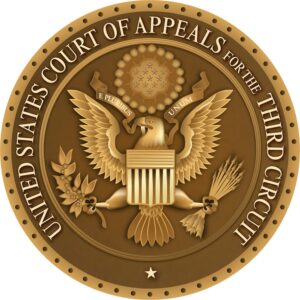12 Wake Forest L. Rev. Online 111 INTRODUCTION No one wonders about the strength of the First Amendment’s speech protections with the same level of intensity as someone who has just uttered an unpopular opinion or statement. Growing up, school children often defend their words by alleging that in the United States, we can say […]








